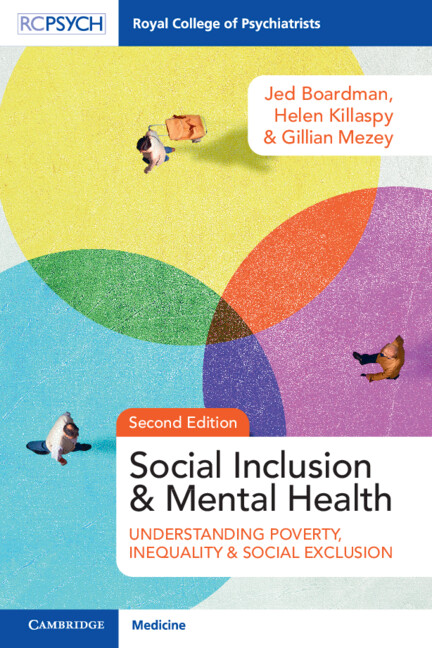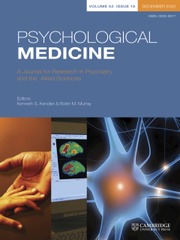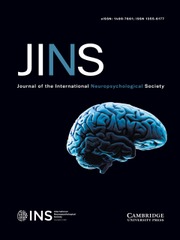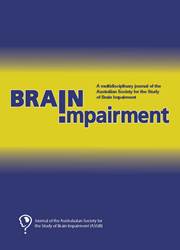The Neuropsychology of Dementia
An up-to-date clinical guide for healthcare professionals on the assessment, diagnosis and management of dementia and mild cognitive impairment (MCI), including the role played by neuropsychology in the diagnostic process. Written in an accessible style, it provides a reference book for qualified professionals and a valuable resource for students and trainees working in dementia services. The book covers the diagnosis and management of the most common forms of dementia, and some rarer types, and the latest advances in diagnostic technology and current and future treatment options. It explores non-pharmacological interventions for cognitive impairment and preventative measures to reduce the risk of developing dementia. Featuring the essential background information required by all clinicians working in the field, alongside a review of recent research and developments in the field. With an emphasis on the links between theory and practice, this is a must-read manual for clinicians working in memory clinics.
- Clear guidelines on how to clinically distinguish mild cognitive impairment (MCI) from dementia enable the multi-disciplinary team to apply current objective criteria for diagnosis, in a systematic way
- Provides a review of imaging technology, both what is currently available in clinical practice and what is under development to aid understanding of where imaging technology fits within the diagnostic process within clinical practice
- Discusses how to approach differential diagnosis of dementia type and examines the purpose of a neuropsychological assessment within the diagnostic process, and when it is/is not useful to carry out an assessment
- The comprehensive review of risk factors, preventative strategies and interventions for the development of dementia facilitates clinicians to develop preventative healthcare programs and care plans
Reviews & endorsements
‘Drawing from his wealth of experience, Dr Gerhand’s book provides a comprehensive, yet easily digestible overview of dementia. Whilst this is a broad and complex field that requires the consideration of wide-ranging biopsychosocial factors, it provides excellent coverage of nuanced issues in a logical way. From elucidating the etiology and diagnostic criteria to delving into neurocognitive profiles, the text equips clinicians with invaluable insights to distinguish various dementias from conditions like Mild Cognitive Impairment. All of the chapters are very accessible and are providing an enriching content of case studies and resources. This is an excellent resource for professionals across all disciplines working in the field of dementia, promising to inform and guide their practice effectively. I will be personally using this for the work I undertake in this field.’ James Stroud, Consultant Clinical Psychologist & Clinical Director, South Wales Doctoral Programme in Clinical Psychology, Cardiff University
‘This is an invaluable resource for clinicians working in memory clinics and in the community. All the necessary information that clinicians need for working with people with mild cognitive impairment and dementia will be at their fingertips thanks to this book. From diagnosing dementia through differences between dementia subtypes to different types of interventions for treating and preventing dementia and assessing mental capacity, this book provides it all. The clear and concise, part-educational and part-instructional style, together with illustrative examples and useful tools such as checklists and decision trees, means that this book will serve as a fountain of knowledge and guidance for all members of the multidisciplinary team and not just psychologists. Dr Gerhand notes that he aimed to provide information ‘all in one place’ - he has certainly achieved this and he has achieved this well!’ Rebecca Gould, Professor of Psychological Therapies & Honorary Clinical Psychologist, University College London
Product details
October 2024Adobe eBook Reader
9781009027649
0 pages
This ISBN is for an eBook version which is distributed on our behalf by a third party.
Table of Contents
- Part I. Essential Background Knowledge:
- 1. Overview
- 2. Diagnosing dementia
- 3. Functional neuroanatomy
- 4. Neuropsychological assessment in dementia diagnosis
- Part II. Diagnosing Different Types of Dementia:
- 5. Alzheimer's disease
- 6. Vascular dementia (VaD)
- 7. Lewy body dementia, Parkinson's disease and Parkinson's dementia, and Parkinson's plus
- 8. Frontotemporal dementia
- 9. Alcohol-related brain damage
- Part III. Intervention:
- 10. Cognitive rehabilitation
- 11. Pharmacological interventions
- 12. Reducing risk factors for MCI and early dementia
- Part IV. Recent Developments/Contemporary Issues:
- 13. Biomarkers and imaging
- 14. Dementia and mental capacity
- Index.










